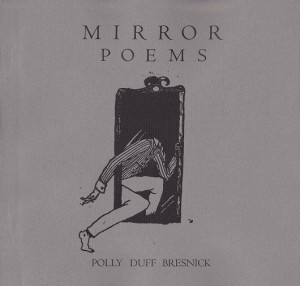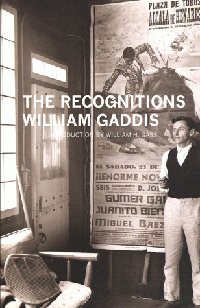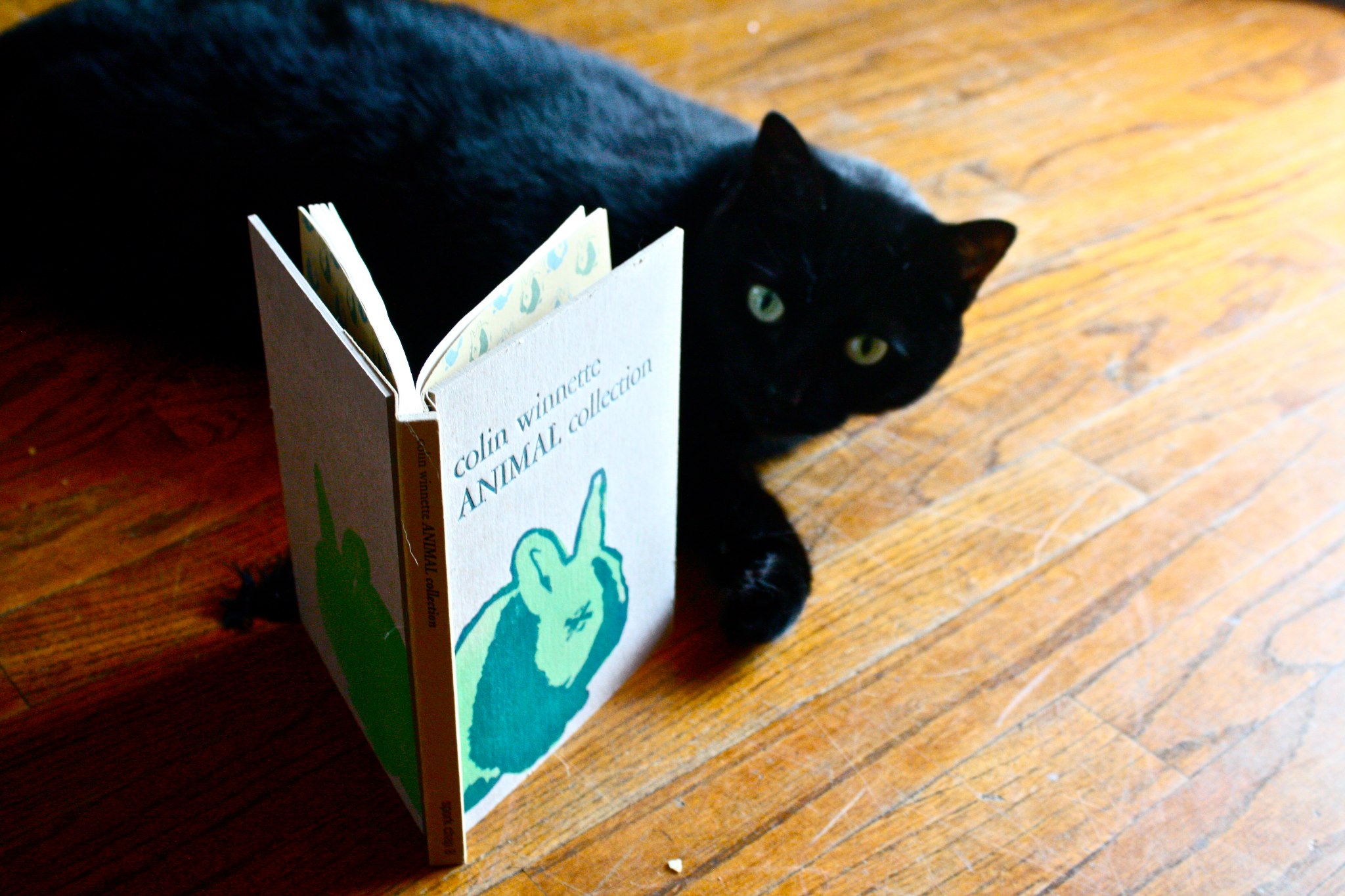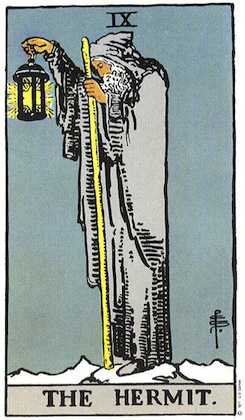Tyrant Books Midnight Release: Strange Cowboy / Sky Saw
New York Tyrant/Tyrant Books has recently brought two more important texts into the world.
If you’re familiar with the work of these authors, you don’t need me to tell you it is awesome (as in inspiring awe) and wonderful (as in screaming waffle-irons). If you’ve never held an object from Tyrant Books in your hands, I suggest you find a remedy. First lines are below.
White cone descended in sound blister
Mirror Poems by Polly Bresnick is a helluva thing

Polly Bresnick’s new book is here, Mirror Poems, from O’Clock Press. The book is beautiful and handmade and hefty (and has drawings from Bianca Stone, who is everywhere these days, good job), and the concept is hefty too and fun, and the poems themselves ain’t too bad, it bears saying.
What the book is is first of all a translation from the Spanish of Patricia Serra Delmar’s Poemario Rouge, and those translations appear on the lefthand page, but then Polly does a feint and provides an antonymic translation on the righthand page. So she’s translated every poem twice, and it’s fun to cross reference her ideas of antonyms. Like, Delmar has a poem called “Red and Green” but Polly changes it to its opposite, “Green or Red,” and then there’s one called “Brazil” that she changes to “Texas.” I laugh audibly sometimes as I scan the pages back and forth. Polly’s figured out a fun way to read.
From the translator’s note: “A “mirror poem” is an act of mimicry distilled into the shape of a shadow on a page. It is a compliment of the original, like a color added to another collor to dazzle the eyes.”
HIS STACK OF PALIMPSESTS
on reviewing Gaddis’s The Recognitions1
 The Recognitions
The Recognitions
by William Gaddis
Reissued by Dalkey Archive, 2012
976 pages / $18.95 Buy from Dalkey Archive or Amazon
(Download PDF Version of Review)
| “Of course I like music, but not just to listen to.” – The Recognitions (940) There is, it seems to us, “On the surface! But how much deeper do people go?” |
[1] Throughout this review I will be using quotes from the novel in footnotes to support notes I make. |
| The occasion for this review of The Recognitions, a classic American novel first printed in 1955, is its recent reissue from Dalkey Archive, with an introduction by William Gass. If I were to write a brief synopsis of the plot and major themes of the novel it would be as follows.[2] Now that we have synopsis in hand, let me speak of how that only begins to explain the more substantial elements of The Recognitions, the ones that stick: that it is concerned with originality, reality, and perfection and that these things are often interchangeable; that its characters are all involved in some type of forgery;[3] that we are just layers and accumulations and fragments within the whole, tottering in the field between familiarity and recognition; that art and religion have similar strands and weights of guilt, combatant with truth; and so on. Because of the novel’s size—956 pages—I will stick with the aforementioned elements, with the belief that they get us readers thinking and moving the most; additionally, I will leave Gaddis out of this review— READ MORE > |
December 10th, 2012 / 12:00 pm
An interview with Colin Winnette regarding his new short story collection concerning animals, “Animal Collection”
ADJ: Hi, Colin.
CW: Hi, Adam.
ADJ: Let’s talk about your new book, Animal Collection.
CW: OK, but I think Adam Robinson has already posted something. Does HG have a policy against there being two posts on the same topic?
ADJ: No, it’s OK so long as both guys are named Adam.
… But let’s you and I make small talk, instead. You moved to San Francisco recently. How’s that been working out?
CW: I went to Target today for bookshelves—
ADJ: They have Targets in San Francisco?
CW: They do! The San Franciscan Targets.
ADJ: Have you heard what James Howard Kunstler said about Target?
CW: No, what?
December 10th, 2012 / 8:01 am
Sunday Service: Dorothea Lasky Poem
The Hermit
I was quiet
As I went
Down the road
By the ocean
I was quiet
Or I wasn’t
You didn’t know me
You didn’t care
I was a unicorn
On a lonely road
And the sky
Was green, pink
And purple
Lonely yellow stars
Hung by the balustrades
And the moon was gel-like
Petty, and forgotten
Did we kiss, or fuck
I don’t know
I don’t know
I don’t know anymore
I know the blue
Of the evening
Was lush-dark
And that the moon lit its face
On my road
What I’ve come to look for
I don’t see
What I’ve come to find
I don’t see anymore
Still you walk
Ten steps ahead of me
In the foreground
I can almost see
Your cloak
Will you turn around
Will you turn around
No you do not care
How I wander
All the things
I wanted
The other time
When the sky was mist
I don’t want
I don’t want
I don’t want anymore
Dorothea Lasky is the author of Thunderbird, Black Life, and AWE, all out from Wave Books. She can be found online here: www.birdinsnow.com.
This poem was inspired by The Hermit card of the tarot deck
Holiday Shopping Guide: Nonfiction Recommendations

An absolute ton of killer nonfiction titles got published in 2012. In fact, when it comes time to reveal my “Ten Best Books of 2012” it’s likely that half (if not more) of my choices will be nonfiction.
For the purposes of this post, I’m going to select twenty titles. And I’ll present them in no particular order. These obviously represent my own interests (film, philosophy, fashion, art, music, and literature) and therefore omit plenty of titles I’m sure were great, but fall outside my purview: politics, economics, etc.
If you’re like me and haven’t even begun shopping yet, hopefully this list will help you find something for someone.
Space Jam
For those lucky few living in Chicago, where everything that ever happens happens (eat your heart out, Mr. Kitchell), note that, this weekend, Landmark’s Century Cinema is digitally projecting midnight screenings of Space Jam, yes, Space Jam. I mention this because I really want to direct your attention to Michael Castelle’s write-up on the film, courtesy of the weekly movies email Cine-File (which is well worth subscribing to):
While conventionally considered a film of little theoretical interest, former Chicago gay rights activist and linguistics professor Michal Brody has cogently argued (in the proceedings of a 2001 conference) that Space Jam bears many unusual correspondences to the thousand-year old Popol Vuh mythology of the Quiché Maya kingdom (now the highlands of western Guatemala). Consciously or unconsciously, the film’s writers have developed a narrative in which a pair of heroes (Bugs Bunny and Michael Jordan) 1) are summoned to play a high-stakes underworld ball-game against a variety of frightening villains, 2) manage to defeat those villains through the heroes’ summoning of extra-human ability, and 3) ascend from the underworld with a glowing orb, all of which occur in the Popol Vuh. While the details vary (in the Popol Vuh, the heroes intend to retrieve the head of their father, Hunahpu; whereas in Space Jam, the villains have stolen the talent of NBA stars such as Charles Barkley and Patrick Ewing), the congruence is remarkable. Brody also shows that the well-known phonetic irregularities of, e.g., Daffy Duck and Sylvester are quite analogous to those of ancestral characters in a variety of native cosmologies. Otherwise best known for its perpetuity of wince-inducing composite effects work and the controversial, heteronormative “Lola Bunny” subplot, the film additionally includes the R. Kelly quiet-storm ballad “I Believe I Can Fly.”
Brody’s 2001 paper on the topic (“Invoking the Ancestors: Edward Sapir, Bugs Bunny, and the Popol Vuh”) is here (PDF).
I will now leave you with the obligatory link to the original Space Jam movie website.
Girl Without Arms by Brandon Shimoda
 Girl Without Arms
Girl Without Arms
by Brandon Shimoda
Black Ocean, 2011
96 pages / $14.95 Buy from Black Ocean or SPD
The title may be referencing a Grimm’s Fairytale called The Girl Without Hands. It could also just be about a girl without arms. I don’t know. It doesn’t seem integral to enjoying the work or attempting to understand it. The work is a trip, an experience more than a message, a system that works by itself. I’m going to quote a lot and talk a little.
Shimoda interrupts himself. The syntax is complicated in GWA. It’s like the syntax itself is surreal.
The Cabin goes up
In rhubarb. Rhubarb
Washes over-”
The many voices sometimes sound mid-sentence, mid-conversation, perhaps overheard. The words are mashed up and mixed together with impossible situations and small haiku moments.
Sometimes The Girl Without Arms feels like a poetry devoid of people. Like it sprung from the earth elementally, without being crafted by anyone or like it’s what’s left after all the people are gone. Sometimes it feels austere and lonely. There is a kind of transcendence in the small, the slightly off diction, the twisted cadences and syntax.
Do not move.
There are no people
Like it.”
In some sections it’s as if the people that might exist are so minimal as to be hard to notice. The little ecologies of Shimoda’s short unpredictable stanzas are aesthetically charged and abstract; they are essential tiny interrelated linguistic artifacts that seem to stand independent of time or context. Shimoda’s words tend to connote more than denote.
December 7th, 2012 / 6:03 pm
‘I now pronounce you…’
Before the advent of modernism at the turn of the 20th Century, narratives usually ended with an engagement, a wedding, or a death. The protagonists of the relatively new novel form would find themselves paired off at the altar, or suffering their own demise. This narrative move demonstrates the power of marriage as a kind of full stop, a solution, a smoothing-over, the point that a relationship should be headed, even if it may fail on the way. It’s significant that although writers have since cast aside marriage as the standard form of plot resolution, marriage itself still remains a potent cultural force in the 21st century.
I want to make it clear that I’m talking about a Western cultural understanding of marriage, which over the course of the 20th and 21st centuries has become a predominantly secular affair, where subjects are able to freely choose their own spouses, and virginity and chastity are no longer prerequisites. This is based on current marriage trends, although there will always be specificities and areas of difference. It’s also important to recognise that the concept of marriage has an array of different meanings and traditions in other cultures, both secular and religious, which are far too vast for me to even attempt to discuss here.
December 7th, 2012 / 4:42 am
Found Text (with edits)
I just got back from the store and found this on the front door of my apartment building:
Did you know the man shot resides at [my street]?
Did you know three shots were fired in front of [street nearby]?
Did you know two of the three shots hit a parked car on [street nearby]?
Did you know one shot ricocheted off the car and has not been located?
To know more about what the city is doing about our neighborhood crime:
[twitter]
[facebook]
[gmail]
I’m pretty sure I heard it happen, and remember thinking “shots or car backfiring?”





